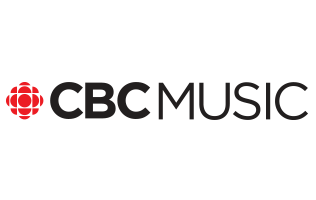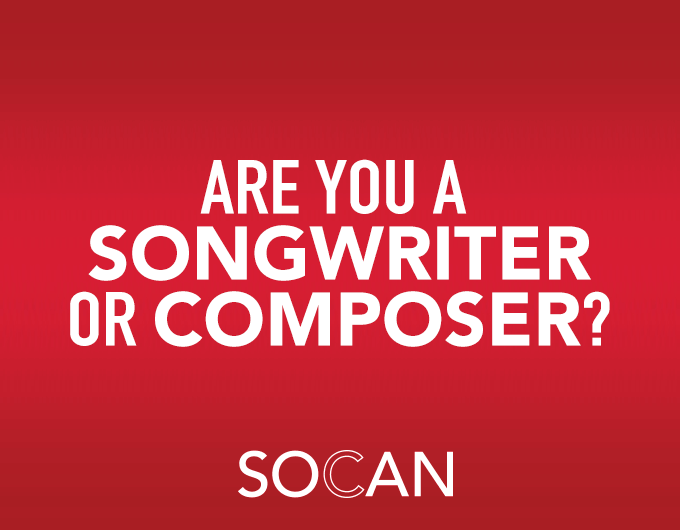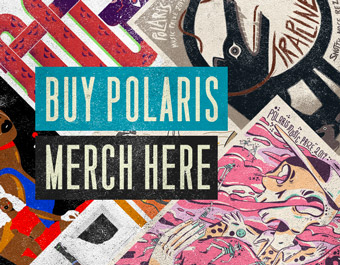Summer showcase: Hillside Festival
Summer is upon us, and that means one thing: music-festival time! It's a chance to catch many Polaris nominees (and winners) – past and present – at the vast array of festivals taking place across the country during the sunny season, from the well-established jazz and folk festivals to fledgling independent endeavours showcasing emerging artists.
One festival that's developed quite a reputation for its eclectic programming, commitment to eco-friendly principles, and all-around good vibe is Guelph, Ontario's Hillside Festival. Now in its 28th year at the Guelph Lake Island conservation area, the festival has established itself as a ritual on the musical calendar, showcasing Canadian acts like Arcade Fire, Broken Social Scene, and Metric (Polaris nominees all) long before they became household names.
This year's festival (which kicks off today and runs until July 24) includes performances by last year's Polaris winners, Montreal indie-rock quintet Karkwa, and Montreal-by-way-of-Calgary experimental pop quartet Braids, who are on this year's Short List; also playing Hillside are several of this year's Long List artists, including One Hundred Dollars, Doug Paisley, The Dears, Hooded Fang, Little Scream, The Rural Alberta Advantage, and headliners Sloan.
Longtime Hillside artistic director Samir Baijal is the one responsible for the festival's incredibly diverse (and incredibly Polaris-friendly) programming – we decided to ask him about how he manages to get some of the best artists across the country (and the globe) to play a smalltown Ontario festival year in and year out.
Tabassum Siddiqui (Polaris juror and 12-year Hillside-goer): You've been artistic director of Hillside for 13 years now – can you tell us a bit about what your role entails?
Samir Baijal: I select and program the entire music festival. I get a lot of advice from an artistic committee at large that spans the planet – there's a network of festival directors I've been meeting with for years; we get a lot of recommendations made to each other – both good and bad. [laughs] I also get involved with media relations.
TS: What challenges do you face in programming a mid-sized festival like Hillside?
SB: One of the biggest challenges is that whether we want submissions or not, we get them by the thousands! Trying to deal with the volume of how many performers want to play at the festival is definitely an issue. We simply can't book 2500 performers for our festival, so how do you get back to 2500 artists and say “2450 of you weren't selected� You don't want to sound mean, but there's the reality of the matter.
Always trying to keep things fresh is another challenge. This year in particular is a bit lower-key than past festivals, but we've never aimed to be a headliner-driven festival. If anything, the ultimate salute goes to our audience for their open-mindedness.
TS: So how do you keep things fresh every year?
SB: It can be tricky; I've picked artists to close the show that weren't so known – and that's a luxury to have. In terms of bigger headlining acts, Sloan's closing out the Sunday night this year – it's a totally appropriate time for them to be here, with everything that's happening with them right now… the last time they were here was 1999.
A little band called Arcade Fire played a tent in 2004 at 6 pm, and came back and headlined the next year after some things had changed for them. Then you go back to the history of Broken Social Scene, where one of their first big shows in Ontario was right here – they love the festival, and were the ones to call and say, “Hey, can you do this? Can we play?â€
Not everybody is going to go to the scale of Arcade Fire, but we've had many stories like that along the way. What's amazing is that we'll book someone and then all of a sudden their profile is rising, and things just come together in this particular way.
TS: That actually reminds me very much of Braids, who you had at Hillside last year before they began to blow up big – they played to a half-full tent in the afternoon, but those who saw them knew they were bound for something big; they just sounded like nothing else at the entire festival. And now they're back this year with a huge amount of buzz and a Polaris nomination behind them – something tells me there's going to be a much larger crowd for their Hillside performance this time around.
SB: I usually try to avoid repeats, but they were definitely a band we had to bring back. They're going to be new to a lot of people this year. It will be madness [when they play this year] – when those tent stages are at full-tilt, it's an amazing sight to behold.
TS: What's your artistic mandate when booking the festival?
The mandate is almost anything and everything goes. To be diverse – the only thing we haven't done is opera. And heavy metal. I'm still looking for the right metal band, to be honest. I mean, we have Fred Penner this year – he's going to do a kids' show, and then a big-kids' show!
TS: So, we have to ask: is it a coincidence that so many Hillside artists are past or present Polaris nominees?
SB: I guess there are quite a few… With Karkwa, I'd heard the music before the Polaris, but when they won it, I think it was a big surprise to people… But bringing them to Hillside was the right thing, and it made sense.
Shad and Hillside is another one – we really should adopt him. We wanted to put him on the main stage again, but he actually wanted to play on the smaller Island stage because he thought it was “more Hillside.â€
TS: As a festival director, who pays more attention to Canadian music than pretty much anyone else, what do you think about a prize like Polaris?
I've been with the Junos for years, and we've even now seen certain Canadian acts win the Grammys… But I think Polaris is more down-to-earth – it seems to have a much more intellectual component. It really does cover a huge spectrum of artists on whatever level they're at.
TS: So do you take something like a Polaris nomination into consideration when booking an artist to play the festival?
SB: I definitely notice these things, and I take them into account. Its credentials are based in what I would call recognizing the full strength of the artists and their releases, not their record sales – it's not based on the commercial machine in the slightest.
In this day and age, when the record industry is in such upheaval, it's the strength of the artist, and not the promotional machine, that matters. We're in a new era now – in recent years, the term “independent†means much more. Just look at Arcade Fire – they haven't signed with a major label; they're doing it completely their way, which is rare when you get to that scale.
It's amazing to see so many artists who are not part of the big mainstream machine getting attention – and that's what Polaris does so well. It's based on artistic integrity.
TS: Do you think there's a role for awards like Polaris to play within the festival community, or should they remain at a distance and not get too involved?
SB: There could certainly be a place for that. There could possibly be a place for a Polaris stage, for example. I mean, we're presenting Karkwa, who's the Polaris winner… So there could be the opportunity for a festival like us to work on something together. What that would look like, I don't know – but I think we could be a bit creative about it.
The 28th annual Hillside Festival takes place on Guelph Lake Island July 22 to 24.



